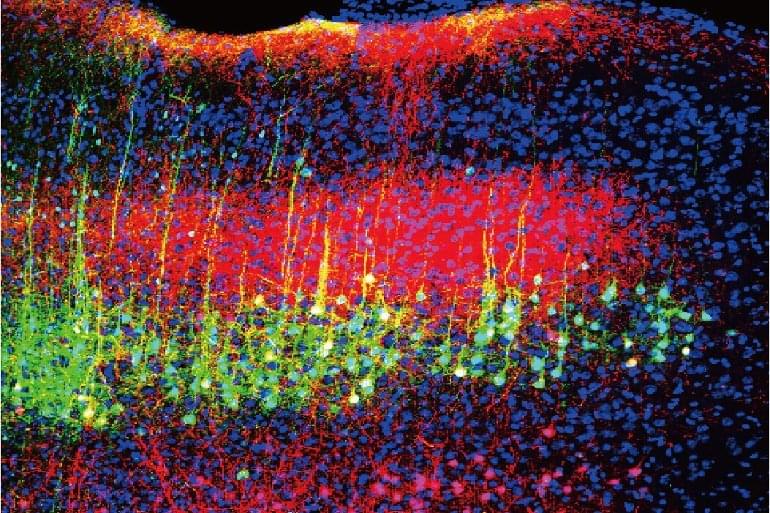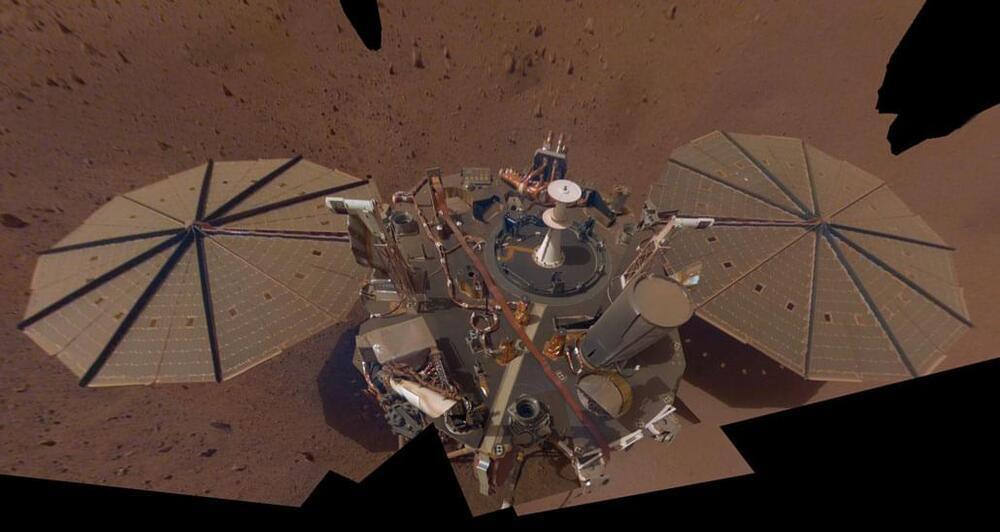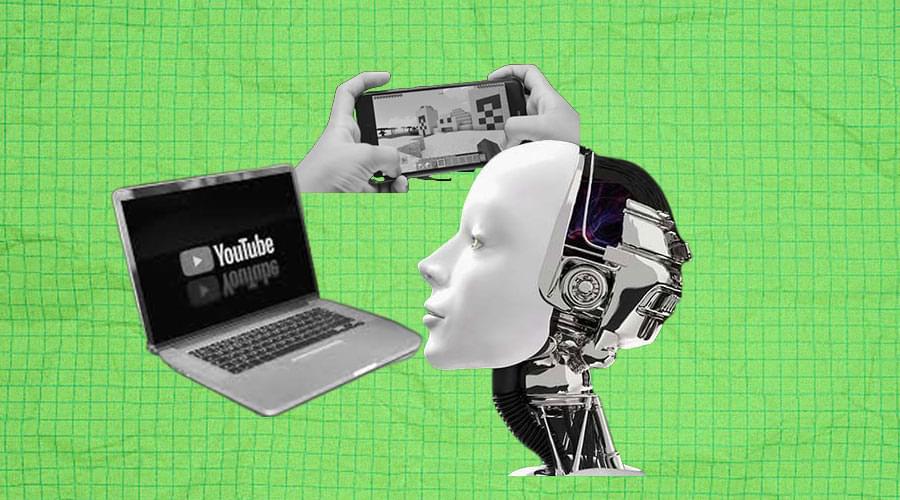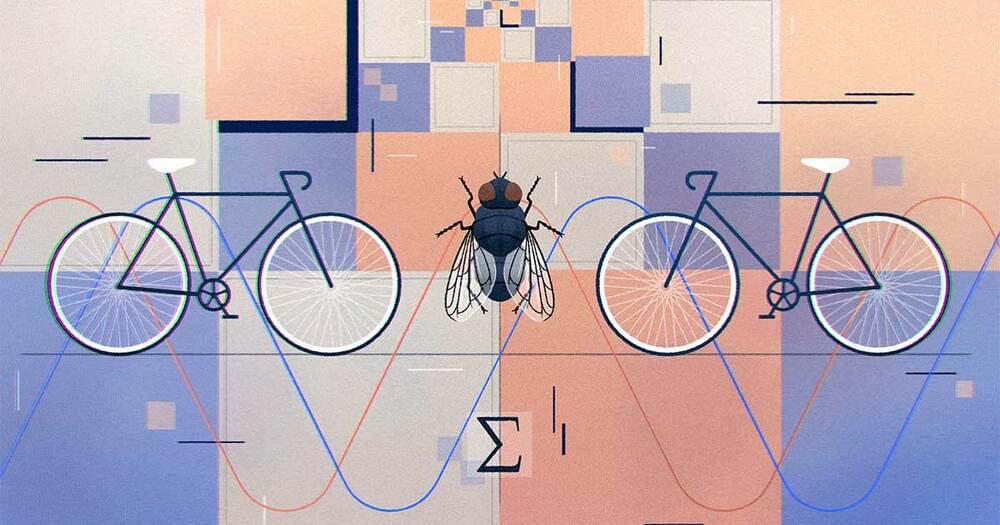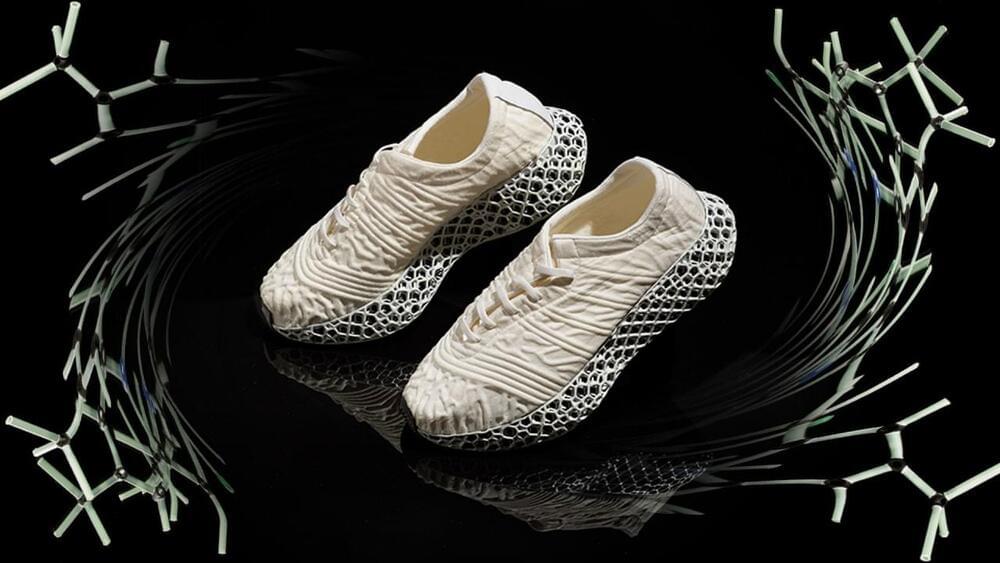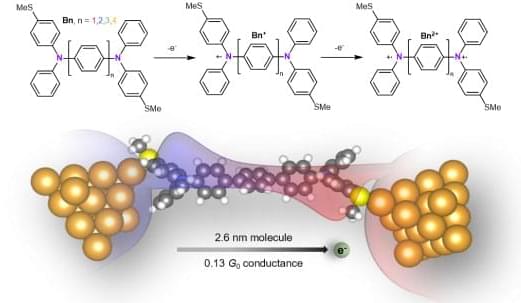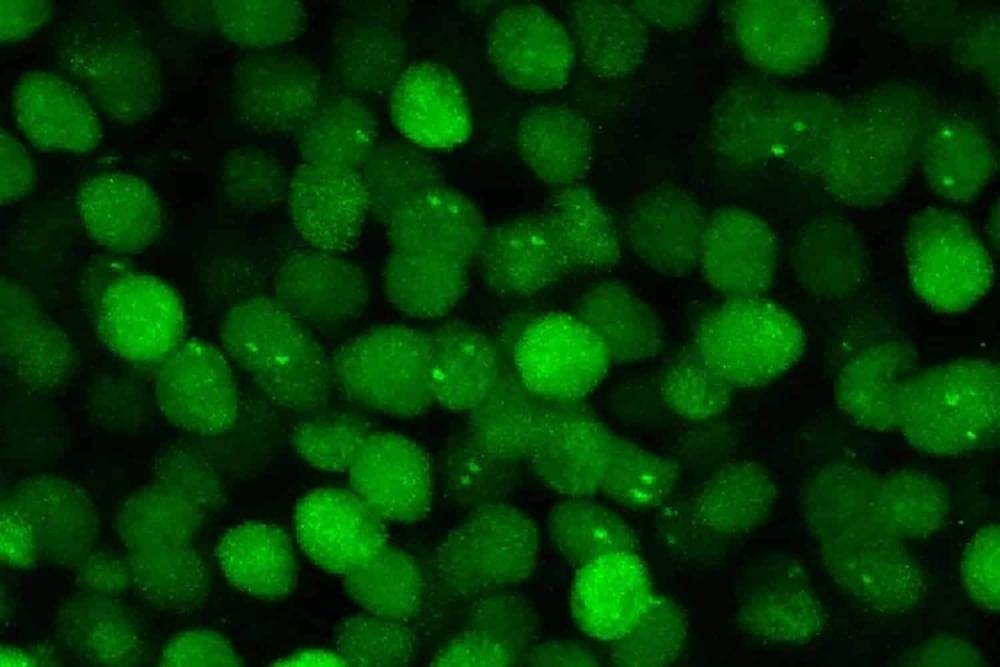Mars has had its first CT scan, thanks to analyses of seismic waves picked up by NASA’s InSight lander. Diagnosis: The Red Planet’s core is at least partially liquid, as some previous studies had suggested, and is somewhat larger than expected.
InSight reached Mars in late 2018 and soon afterward detected the first known marsquake (SN: 11/26/18; SN: 4/23/19). Since then, the lander’s instruments have picked up more than a thousand temblors, most of them minor rumbles. Many of those quakes originated at a seismically active region more than 1,000 kilometers away from the lander. A small fraction of the quakes had magnitudes ranging from 3.0 to 4.0, and the resulting vibrations have enabled scientists to probe Mars and reveal new clues about its inner structure.
Simon Stähler, a seismologist at ETH Zurich, and colleagues analyzed seismic waves from 11 marsquakes, looking for two types of waves: pressure and shear. Unlike pressure waves, shear waves can’t pass through a liquid, and they move more slowly, traveling side to side through solid materials, rather than in a push-and-pull motion in the same direction a wave is traveling like pressure waves do.
